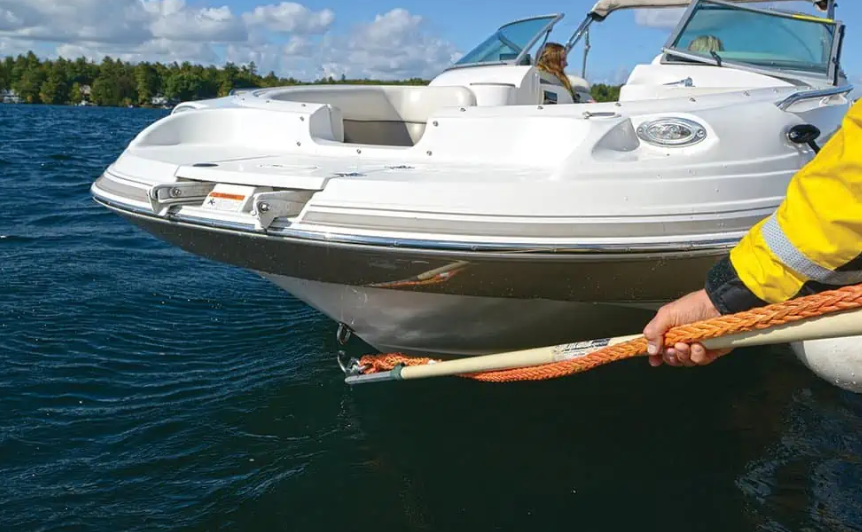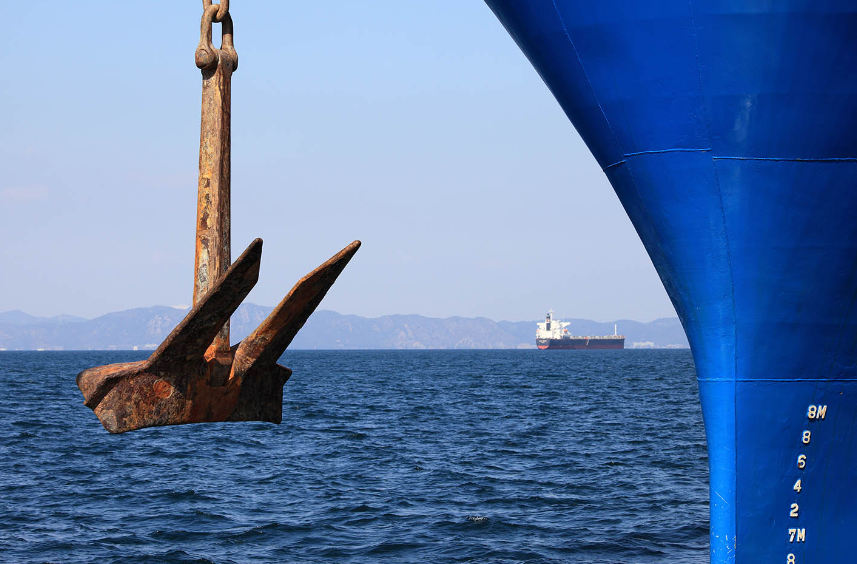Boating enthusiasts often relish the freedom of navigating waters with their vessels, yet adhering to legal considerations and regulations surrounding boat towing and anchor use is crucial. Delving into these legal aspects ensures safe and responsible boating practices.
Adhering to legal considerations and regulations while towing a boat or using an anchor is paramount for a safe, enjoyable, and responsible boating experience. Our Boat Towing Austin, a reputable provider, emphasizes adherence to these regulations and offers guidance to boaters seeking to navigate the legal landscape of boat towing and anchor use.
1. Boat Towing Regulations
Boat towing regulations vary across regions and can be influenced by factors such as vessel size, waterway restrictions, and towing methods. Understanding the specific regulations regarding towing speed limits, lighting requirements, and equipment specifications is imperative. It's essential to comply with these regulations to avoid fines or legal complications while ensuring the safety of both the towing vessel and others on the water.
2. Licensing and Insurance
Operating a boat for towing purposes often requires specific licensing or endorsements, depending on the water body and local regulations. Additionally, having adequate insurance coverage is essential. Insurance policies may differ based on whether towing is for recreational or commercial purposes. Ensuring compliance with licensing requirements and maintaining comprehensive insurance coverage mitigates risks and liabilities.
3. Anchor Use Guidelines
The proper use of anchors is crucial for boaters when mooring, fishing, or in emergencies. Understanding anchor regulations, such as prohibited areas for anchoring, restricted zones, and environmental considerations, helps prevent damage to marine habitats and ensures compliance with local laws. Following guidelines on anchor types, deployment techniques, and proper scope prevents accidents and minimizes environmental impact.
4. Environmental and Conservation Obligations
Boaters have a responsibility to protect the marine environment while towing or anchoring. Regulations often encompass guidelines for fuel spill prevention, waste disposal, and protecting marine wildlife. Staying informed about these regulations and actively participating in conservation efforts preserves the natural beauty of waterways for future generations.
In conclusion, familiarizing oneself with the legal aspects surrounding boat towing and anchor use is essential for any boating enthusiast. Complying with regulations, acquiring necessary licenses, maintaining adequate insurance, following proper anchor usage guidelines, and being mindful of environmental responsibilities are critical components of responsible boating practices.
Flagship Towing advocates for safe and lawful boating, encouraging boaters to prioritize compliance with regulations while enjoying their time on the water. By adhering to legal considerations and regulations, boaters can ensure a safer and more enjoyable experience while preserving the natural beauty of our waterways for generations to come.
Understanding and following the legal framework surrounding boat towing and anchor use not only enhances safety but also fosters a culture of responsible boating among enthusiasts. Compliance with regulations is not just a legal requirement but a commitment to preserving our water resources and promoting a sustainable marine ecosystem.


